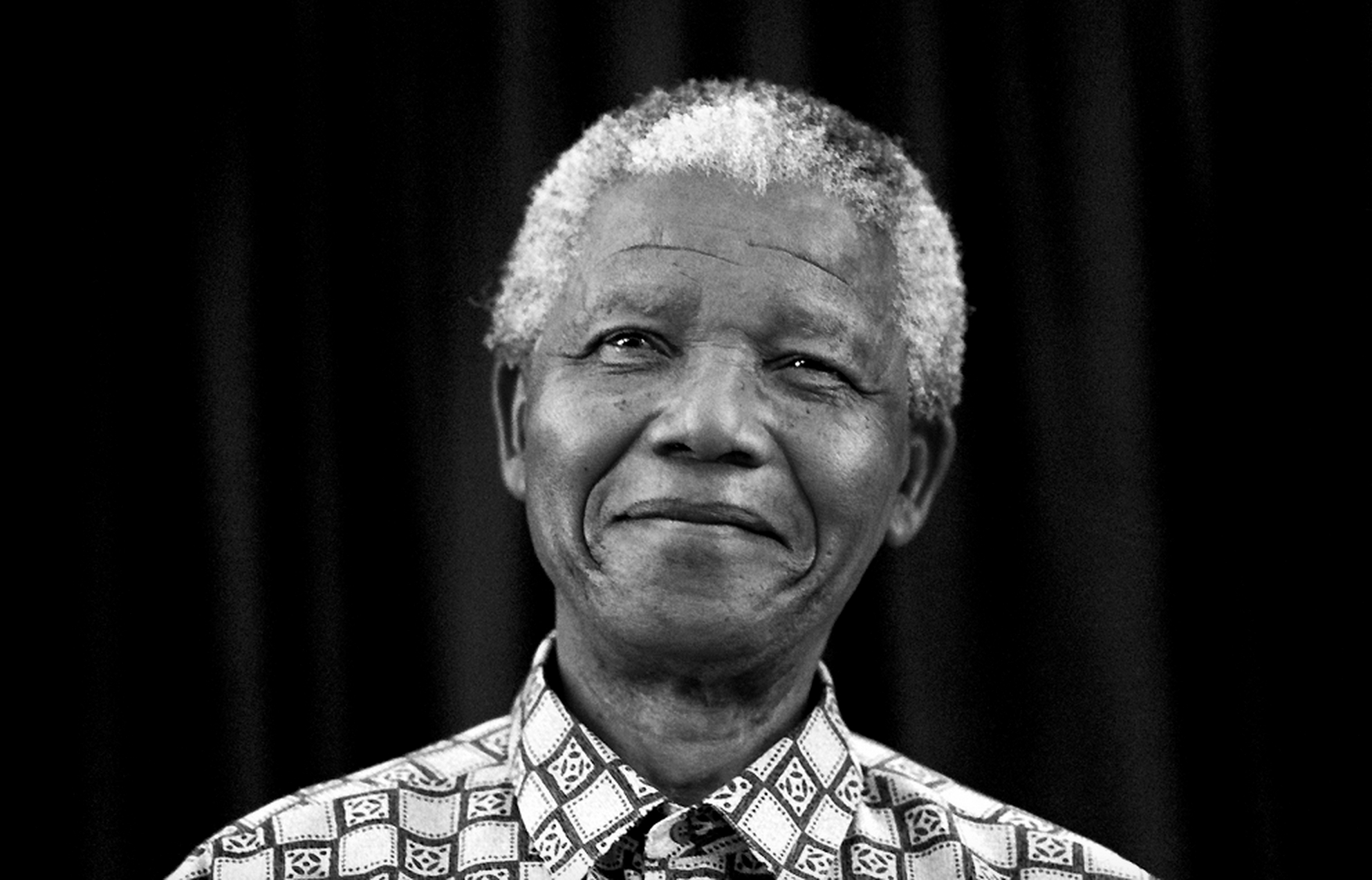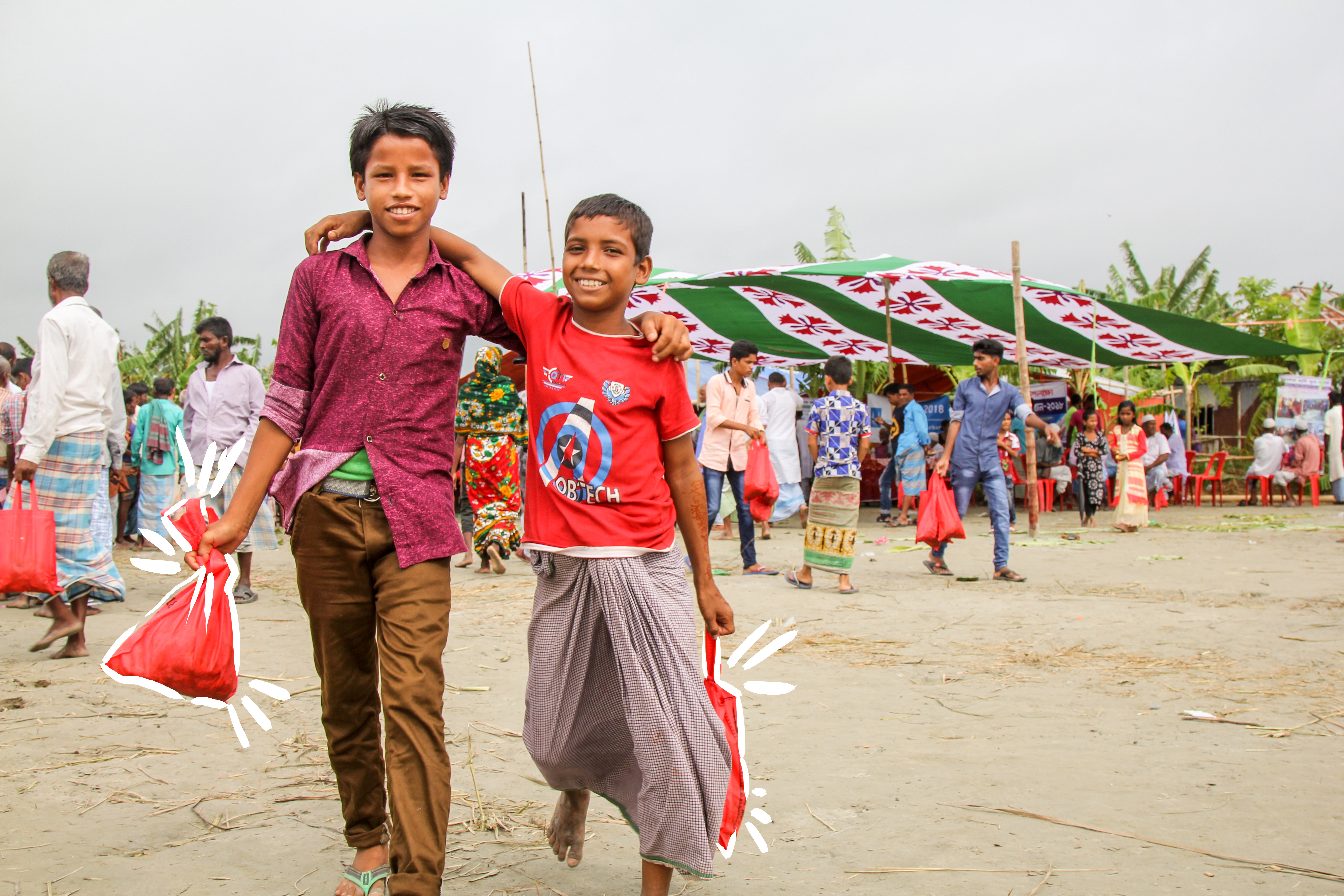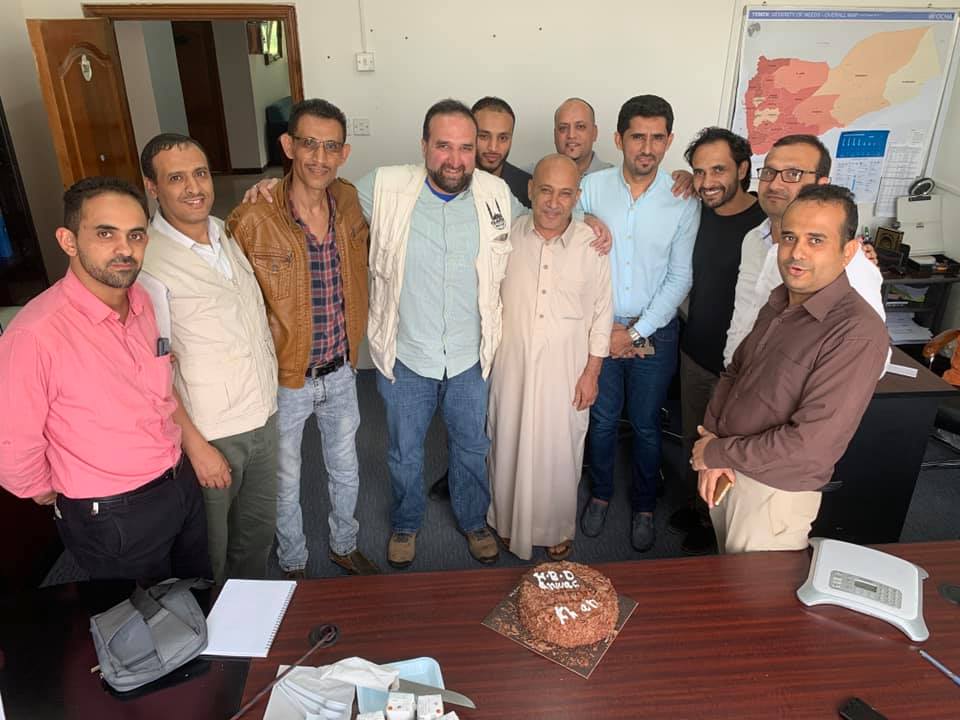Meet One Of The Most Persecuted People On Earth
Bilal Aslam is programs officer at Islamic Relief USA. He traveled to Indonesia to meet refugees who are stuck in the middle of their planned journeys out of Malaysia. This is the remarkable story of one young man.
A minority group in Myanmar have long endured the trauma of not knowing where they’ll live, and not knowing where they’ll find acceptance. It’s a homelessness that has deeply affected their community. Many are deeply tormented by it.
To escape the persecution and to search for a better life, many boarded ships with hopes to reach Malaysia or Australia. Many pay more than $1,000 to purchase tickets for the journey. When they arrive to board the ships, they find an unknown crew of men that force as many onto a ship as they can. They’re armed. They’re abusive of the passengers. And after a ways out to sea, the crew abandons the ship—they leave no food or drink and weary passengers have to try to survive this way for months sometimes. Many people die before they reach any land.
When Karim, 25, left Myanmar, he didn’t know the terrible weight he’d carry on his shoulders for the atrocities committed against friends, neighbors and family in his village for the rest of his life.
When Karim, 25, left Myanmar, he didn’t know the terrible weight he’d carry on his shoulders for the atrocities committed against friends, neighbors and family in his village for the rest of his life.
Statelessness
The 1982 Citizenship Law of Myanmar appears to be at the root of the issue. The law outlines a strict process for registering citizens, which requires them to be able to provide conclusive evidence that their families settled in the country prior to 1828. Those unable to do so would not be eligible for citizenship, but could still be associate citizens if they could prove they had an ancestor that was a citizen of another country. A third class of citizenship, called Naturalization, requires conclusive evidence that the family had settled in Burma prior to 1948 independence from Britain. These stipulations make it nearly impossible for this group to obtain citizenship, despite having ancestry in Burma that dates back to the 8th century.
1982 Citizenship Law of Myanmar
There was a mass settlement in Rakhine State during British colonialism, which automatically excludes them from regular citizenship. The requirement of providing conclusive evidence to support registration also makes it impossible for most to obtain any class of citizenship.
Their language is also closer to the Bangladeshi dialect of Chittagong, and is not related to the national language of Myanmar. The final stipulation of the Citizenship Law is that a person must be 18 years old, be able to speak the national language, be of sound mind, and good character. Some of these requirements are clearly subjective, and can easily be used to deny citizenship at will.
Due to these restrictions, they are legally stateless, and considered resident foreigners in Myanmar.
Due to these restrictions, they are legally stateless, and considered resident foreigners in Myanmar. The result is that they are restricted in their movement and ability to hold public office. It also denies them access to higher education according to the law. The denial of citizenship also extends to children born in Myanmar who do not have at least one parent that is a citizen, perpetuating the restrictions for generations.
They are barred from holding civil service positions, including being teachers or health workers, because of their legal status. This status also means they have no legal rights or even documentation. As a result, they are unable to obtain passports and officially travel by air, which is why they are forced to leave Myanmar by sea through traffickers.
Full text of the 1982 Citizenship Law of Burma can be found here
Karim’s Long Journey
Karim began his story by telling me he studied Islam for more than12 years in Bangladesh. He left when he was younger, with the encouragement of his family, and learned from teachers in Bangladesh about a variety of Islamic subjects. He became a Hafiz of the Qur’an. He took an Aalim course, and passed his test to become an Aalim, He also completed studies to become a Mufti. He studied Hadith with his teacher, who was a scholar of Bukhari, Tirmidhi and Sunan Abu Dawud, and he passed his test to also become a Muhaddith. After nearly 13 years of studying, his parents begged him to return home because they missed him. He decided finally to return to Myanmar to be with his family, now as a scholar of Islam.
He spoke of how he was able to give just one sermon in the community, to share his knowledge, before the violence began. After this, violence escalated. He way there when the attacks started. It was during this time that he saw many of his fellow community members killed and injured. He was himself injured, bearing a large scar on his right forearm from where he was cut by a sword. He also pointed to his inner thigh where he was shot.
He was himself injured, bearing a large scar on his right forearm from where he was cut by a sword. He also pointed to his inner thigh where he was shot.
He spoke of how some spoke of forming militias to defend themselves, but that he was not the type to fight and join a militia, being an ‘Alim who dedicated his life to studying Islam. He said he was someone who had embarked on the journey to devote himself to gaining knowledge, not to become a militia fighter, so he did not wish to stay in Myanmar any longer. His teachers and other students of knowledge all sought for him to return to Bangladesh to escape the violence and to return to his studies. After seeking permission from his parents, he said they granted him leave to return to Bangladesh.
He became emotional as he told his story, especially when he spoke of the harm that came to himself and his people. He would refer to himself as a sinner, whose deeds brought on these events as punishment. It was evident that he bore guilt from this on his shoulders, and it weighed heavily on him. He spoke of how his aunt was killed in Myanmar and that he was told she was killed so that he would not return to his village to teach. The guilt of events like this deeply troubled him, and he was in tears as he shared these accounts.
The guilt of events like this deeply troubled him, and he was in tears as he shared these accounts.
He spoke of how he traveled in a boat to leave Myanmar, but was put on a small vessel. He mentioned the space was very cramped and tight, and he shared this small space with 7 or 8 others. After this travel, he was moved to a larger boat with hundreds of others. In this larger boat, they were still very tightly cramped, and were watched over by strangers with guns. They traveled for 4 months in this way, with very little food and water, and no sleep. According to him, these conditions caused over 146 people on the boat to die, due to the lack of food and water. He spoke of the difficulty of this time, and how they drank seawater to try to survive.
He said that it did not matter where he ended up and what religion the people practiced in that land. He was deeply appreciative for being safe and was grateful for those that took him in.
An Emotional Plea
I asked his impressions of the camp and of being in Indonesia, and his response was that it was very stressful and troubling. He said that because they are not able to work and earn a living, they cannot buy things from anywhere to meet their needs.
He became emotional and started to tell me that they did not know why they were not receiving help from the world, even though they were travelers who left Myanmar to escape persecution. In his own words, he said that he was a sinner and, although he is visibly very thin in his frame, he is very fat and full from his grief. He said that he begs Allah 5 times a day and makes du’a for himself and for his community to improve their condition.
The true Muslim is one who feels a connection for their brothers and sisters around the world.
The last major point he ended with was a reminder for the Muslims, from the Qur’an and Hadith, that the true Muslim is one who feels a connection for their brothers and sisters around the world. He said that those who do not feel grief for their brothers in need and do not support them with their charity, are not truly Muslim. He was understandably very frustrated, but seemed to take everything very personally, and was overwhelmed by his grief. It is very likely that there may be psychosocial issues in this community due to the trauma they’ve experienced. There’s a strong need for support to help the refugees process and heal from these wounds. They also need dire support to either assimilate into Indonesian society, or to continue their journeys to their original intended destinations of Malaysia or Australia.
Learn more about efforts to help those in need.
Read the Resolution condemning the persecution of groups in Myanmar.



